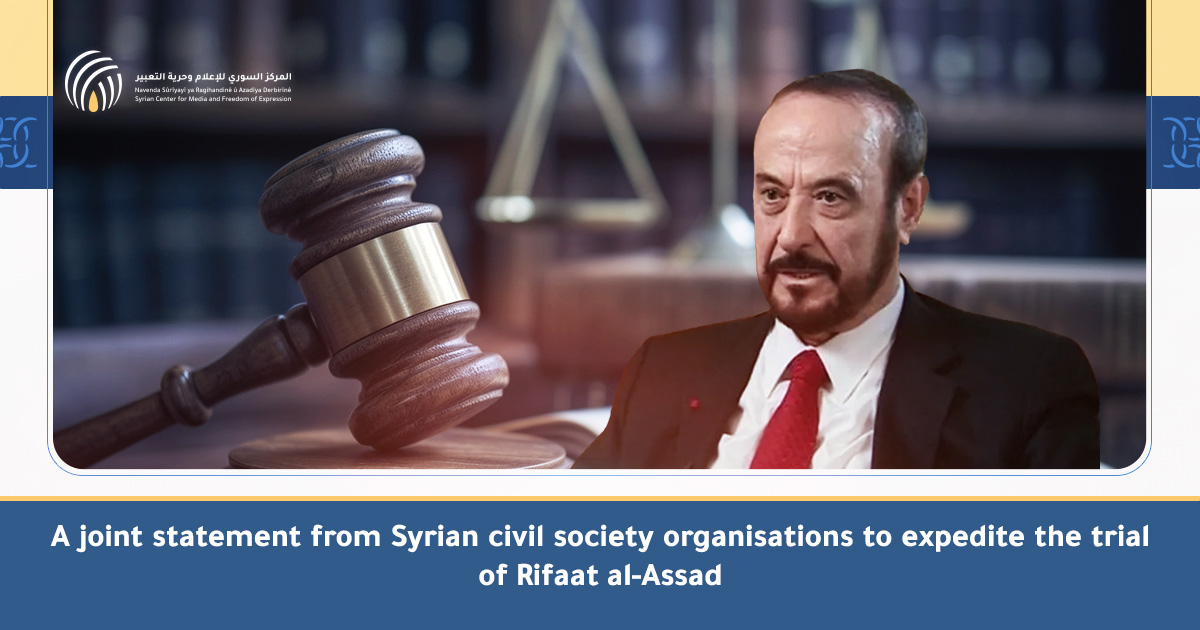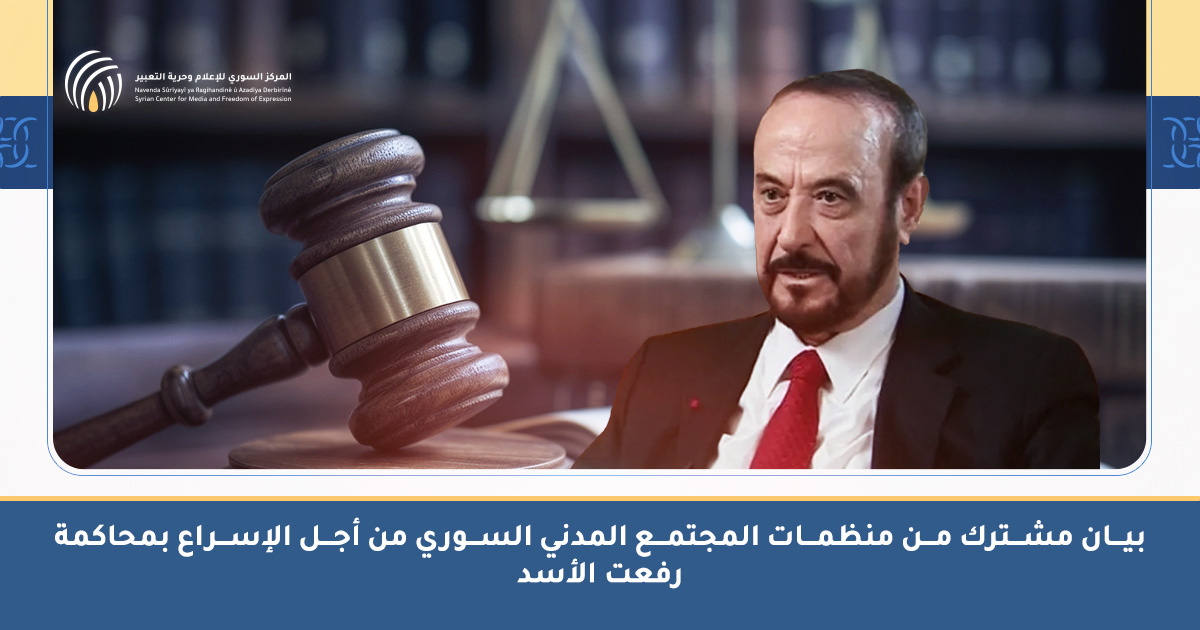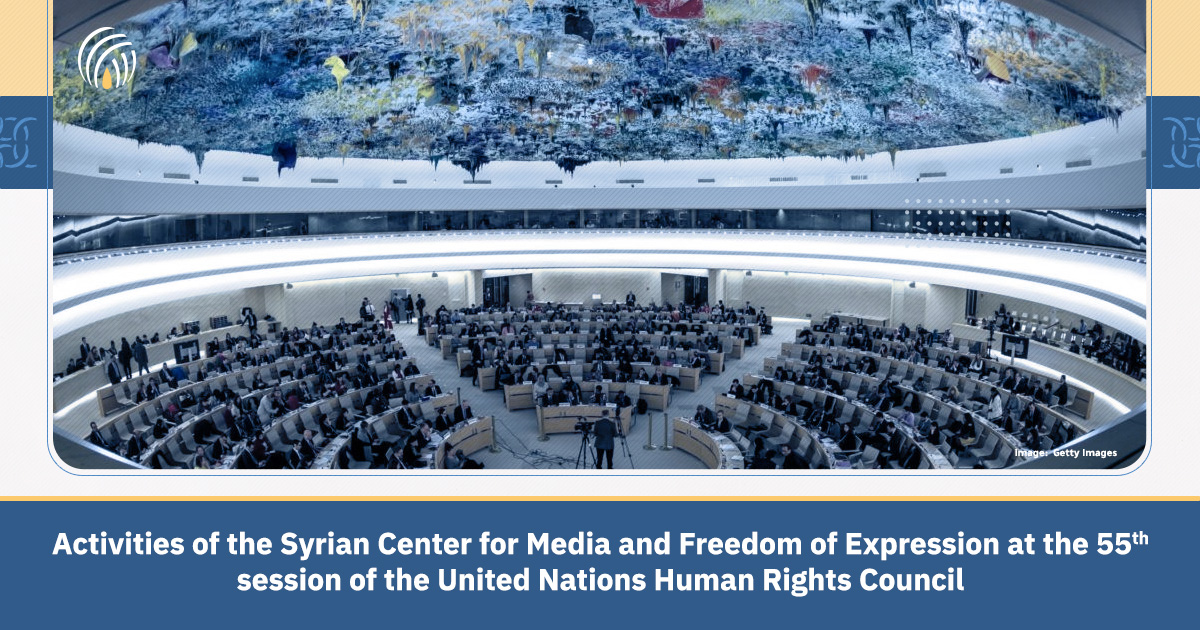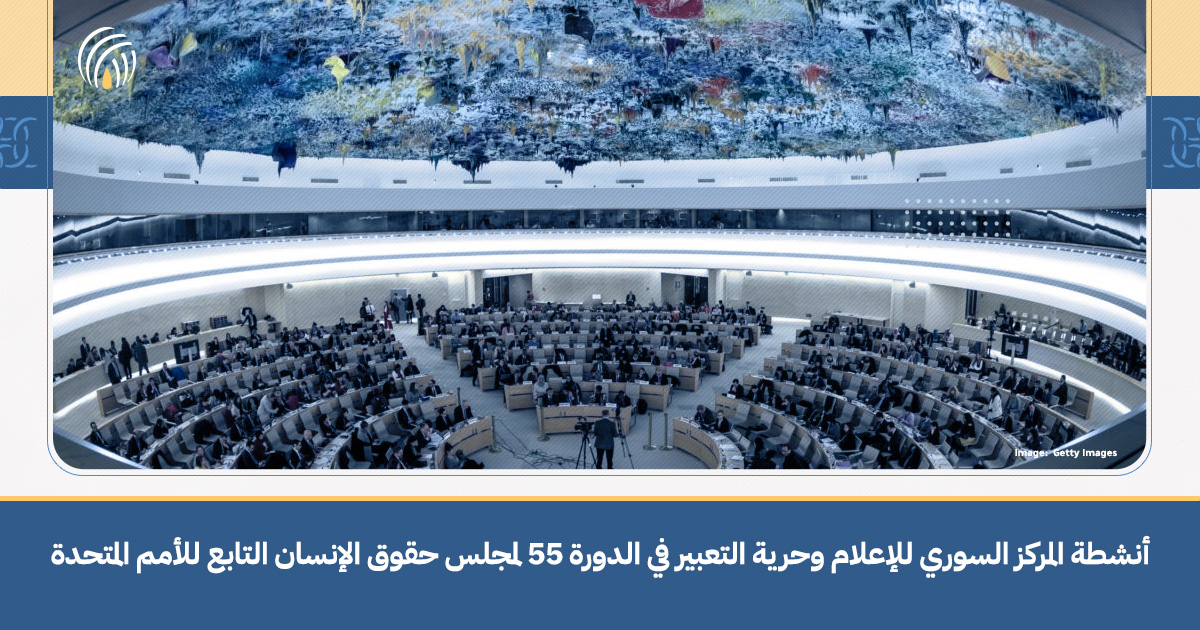Reporters Without Borders, a non-profit organization, so far lists 22 journalists detained by the Syrian government, adding the roster is almost certainly incomplete.
For example, British filmmaker Sean McAllister, who spent some time in a Syrian jail, had his footage and notes stolen upon arrest but survived to tell of the torture he witnessed there.
Reporters Without Borders urges the Syrian government to end its abuses against civil society members, especially all those who are providing the public with information about what is taking place, said the organization.
Syrian President Bashar Assad’s government, seeking to prevent uprisings like those in Egypt, Tunisia, Libya and elsewhere, is not only detaining foreign reporters like McAllister but also periodically axing Internet connections and monitoring social media sites.
Assad’s government is doing all it can to foil citizen journalists from using mobile and online technology to communicate with each other and the world.
Those jailed and released in Syria report their interrogators often demanded Facebook and Gmail passwords, while others describe smuggling SIM cards to Jordan and Lebanon where supporters could upload videos.
Without independent reporters to confirm daily news, news of Syrian activists’ fate now arrives through bloggers, exiled activists, and the occasional YouTube videos posted by advocates in neighboring countries.
Rather than risk government surveillance on Facebook and Twitter, many Syrians have also turned to identity-concealing darknets that run on Tor software.
Using these networks, the Syrian opposition sometimes incites lightning-fast demonstrations to prevent police from apprehending activists.
It was like a flash crowd, one witness described. They came together, yelled some slogans, and then disappeared.
Protesters’ clandestine techniques for spreading information, in the absence of traditional outlets like news networks, are not only reporting events but may also be saving lives.
After McAllister’s arrest, social networks went wild, warning those who spoke with him to hide themselves from authorities.
‘All people’s faces can be seen on the recordings, one post read, because he didn’t have time to change it. Be careful, people. Take care.’




